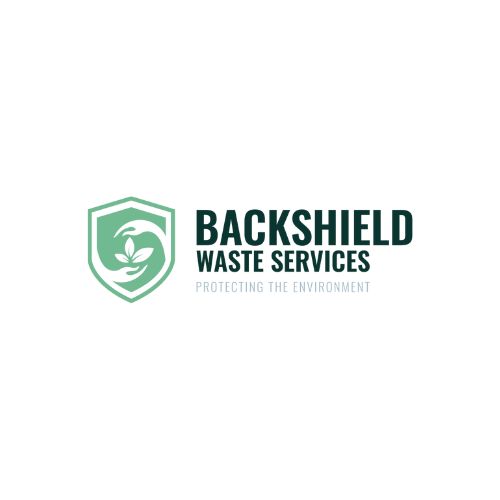


The Role of Food Waste Recycling in Darlington’s Sustainability Goals
Food waste recycling is increasingly recognised as one of the foundations of sustainable living. In Darlington, this practice plays a significant role in achieving the town’s environmental objectives. By addressing the challenges of food waste and leveraging modern waste management techniques, Darlington is making commendable strides towards a greener future.
When organic waste decomposes in landfills, it releases methane—a potent greenhouse gas that intensifies climate change. In the UK, millions of tonnes of food are wasted annually, with a considerable portion coming from businesses. Darlington, as part of Tees Valley, is no exception. To combat this issue, local authorities have prioritised food waste recycling as an essential component of waste management in Durham.
Darlington has implemented initiatives to encourage businesses to recycle their food waste. These efforts are in line with broader regional strategies aimed at reducing landfill dependence and promoting sustainable waste management practices. By diverting food waste from landfills, Darlington not only reduces its environmental footprint but also creates opportunities for resource recovery.
Business participation is key to the success of food waste recycling programmes. Local authorities in Darlington are introducing food waste collections, making it easier for businesses to separate their organic waste from general rubbish. Awareness campaigns further educate businesses on the importance of reducing and recycling food waste.
Businesses in Darlington are playing a vital role in food waste recycling. Restaurants, supermarkets, and food manufacturers are encouraged to adopt sustainable practices, such as donating surplus food to charities or participating in commercial food waste recycling schemes.
Collaboration with organisations ensures a coordinated approach to waste management across Tees Valley. By sharing best practices and pooling resources, businesses and local authorities can maximise the benefits of food waste recycling initiatives.
Darlington’s focus on food waste recycling contributes to the broader vision of a circular economy in County Durham. A circular economy aims to minimise waste by keeping resources in use for as long as possible. Recycling food waste into energy exemplifies this principle by turning what would otherwise be discarded into valuable assets.
This approach not only reduces environmental impact but also generates economic opportunities. Local farmers, for instance, benefit from affordable fertilisers produced through food waste recycling processes. Meanwhile, renewable energy derived from biogas helps to reduce reliance on fossil fuels.
Despite significant progress, challenges remain in achieving widespread participation in food waste recycling. Common barriers include lack of awareness, convenience, and infrastructure. Addressing these issues requires ongoing investment in education and facilities. By working closely with, businesses, and community groups, the town is fostering a culture of environmental responsibility that will benefit future generations.
Food waste recycling is an essential pillar of Darlington’s sustainability goals. Through community involvement, innovative waste management practices, and regional collaboration, the town is setting an example for others in Tees Valley and beyond.
As the world faces growing environmental challenges, Darlington’s efforts in food waste recycling demonstrate the power of local action. Organisations like Backshield Waste Services play a vital role in maintaining the momentum of these initiatives, ensuring that waste is managed effectively and sustainably.
The role of food waste recycling in Darlington cannot be understated. It addresses pressing environmental issues, supports the local economy, and aligns with the wider waste management objectives of Tees Valley. By embracing this practice, Darlington is paving the way for a cleaner, greener, and more sustainable tomorrow.
